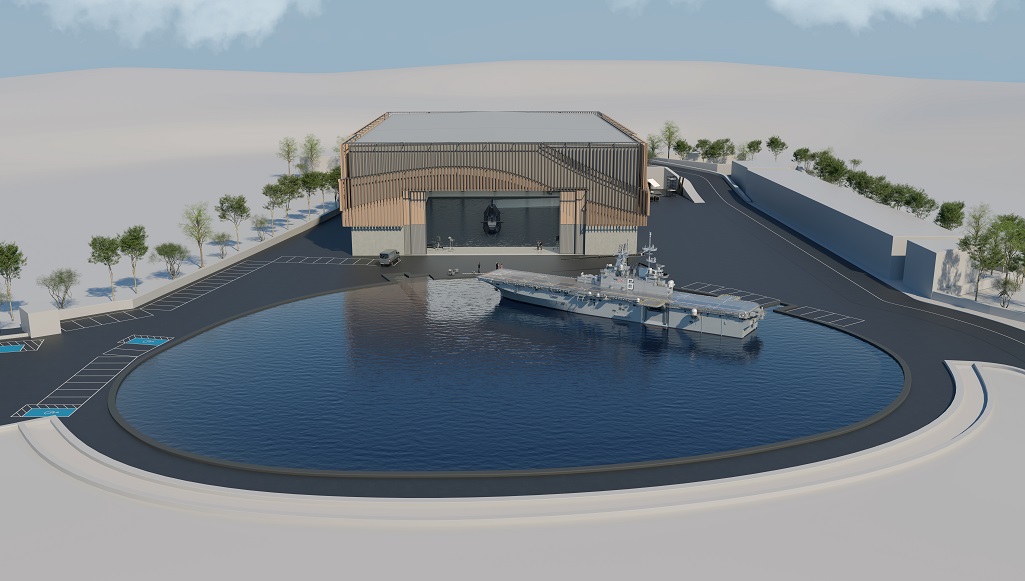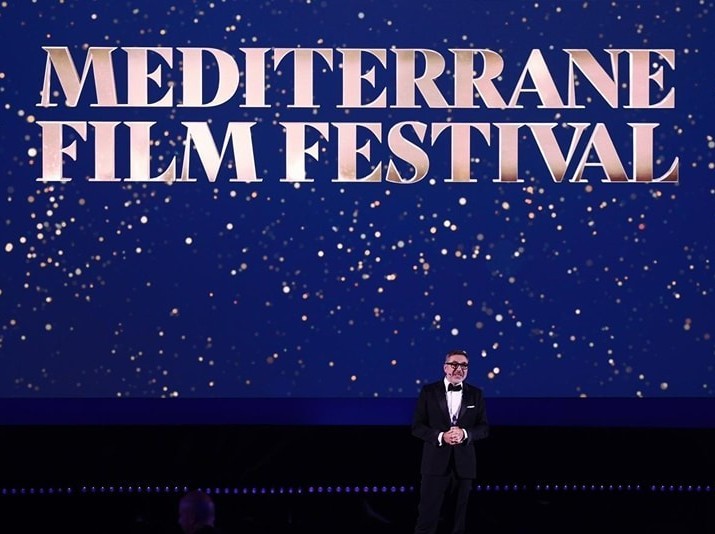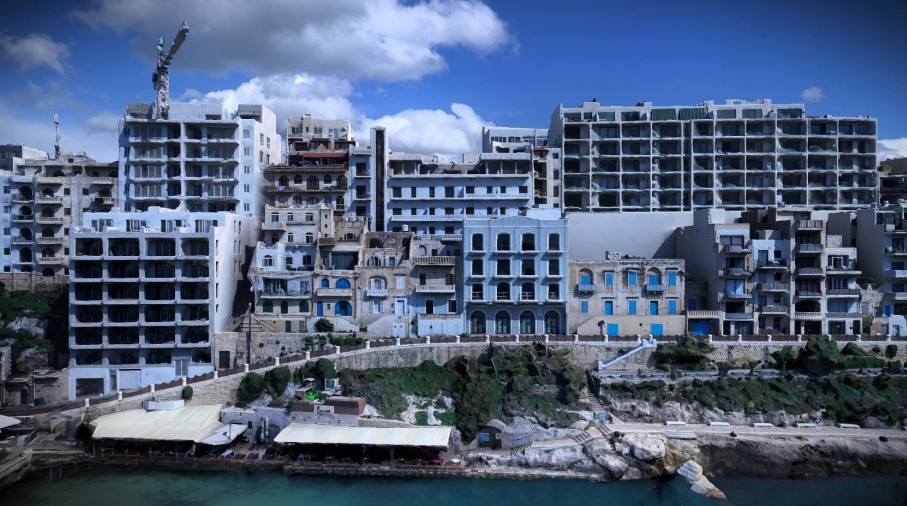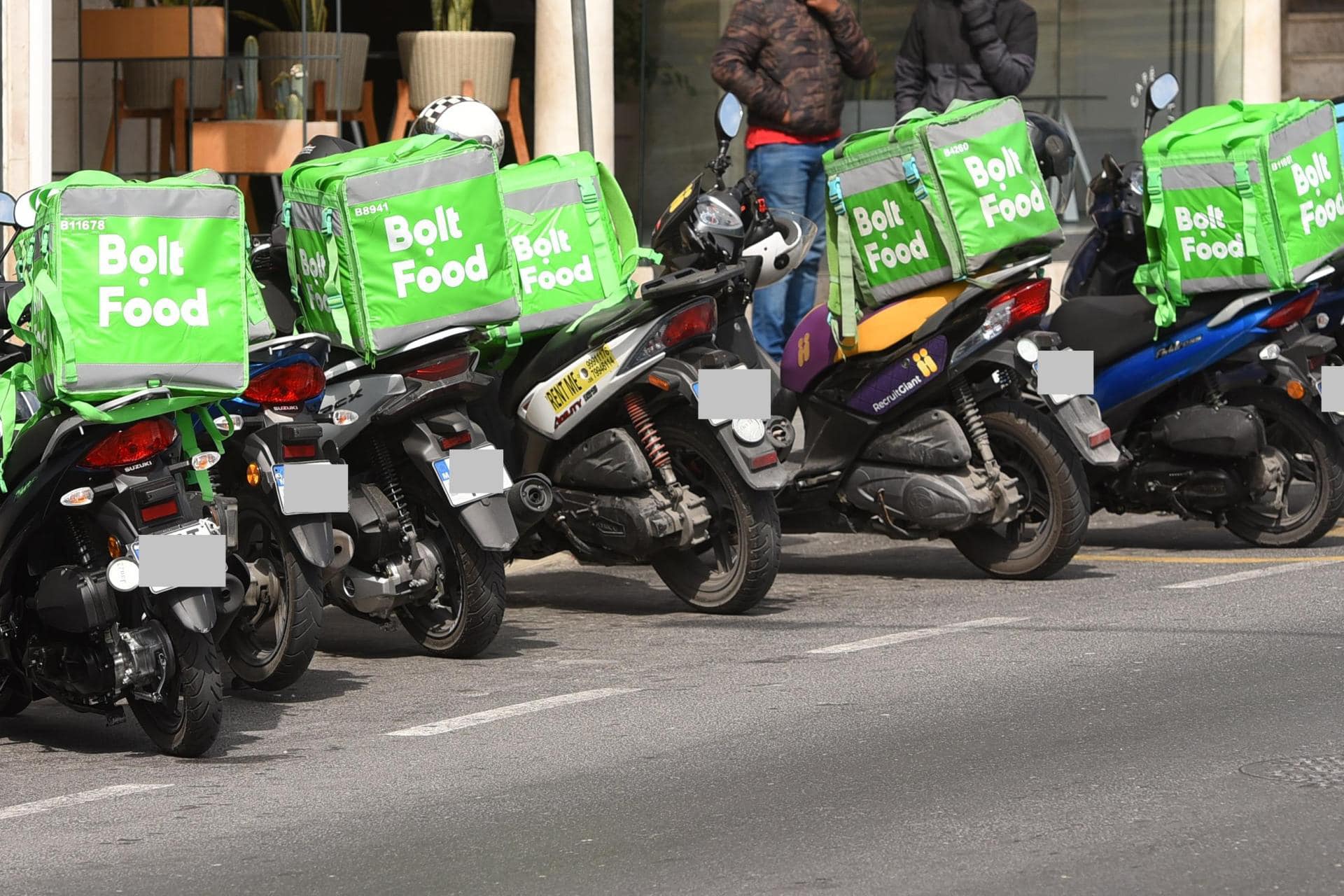The millions spent on the Mediterrane Film Festival would have been better spent on improving and modernising Malta’s film facilities, says local film-maker Matthew Maggi, warning that the local industry is getting out-competed by other locations.
“We’re losing a lot of work because our facilities aren’t up to par,” he tells BusinessNow.mt pointing out that the lack of a soundstage is a major gap in Malta’s offering to film producers.
Malta’s film sector has seen plenty of investment in recent years, with the Film Commission heavily touting its success in turning the industry into a year-round employer, generating hundreds of millions of euro in economic activity every year.
A key part of this success, in the Film Commission’s telling, is the Mediterrane Film Festival, which draws foreign stars and producers to Malta and ostensibly promotes the country as a film location to Hollywood and other foreign executives.
Grilled by Parliament’s Public Accounts Committee earlier this year, Film Commissioner Johann Grech defended the festival as a key plank in the Film Commission’s strategy to attract international filmmakers from the UK, US, Europe, Canada and Australia to Malta.
The cost of the festival, however, remains a bone of contention. The 2024 edition cost around €3.7 million, while this year’s festival is estimated to have cost around €5 million.
While Mr Grech is adamant that the cost of justified, Mr Maggi is less certain. In a post recently shared to Facebook, he noted that while “it’s true that a film festival can play a role in attracting investment … spending millions yearly on just one event to attract investment is not the only way to achieve this.
“With that money, we could have heavily invested in what truly draws foreign productions: infrastructure,” he wrote.
In comments to this newsroom, he adds that while Malta’s much-advertised water tanks are indeed a major draw, they are “secondary” on the list of producers’ requirements.
“They are even working without them nowadays, thanks to computer-generated imagery,” he says, pointing out that Gladiator II’s opening scene, with a fleet of ships attacking a walled city, was in fact shot in the desert, and only involved one ship – “the rest was CGI.”
To make matters worse, the machinery used to operate Malta’s water tanks is ageing – at times even rusting – without much effort being spent on upgrading wave machines, fans and turbines.
According to Mr Maggi, Malta continues to lose valuable shooting days, which often add up to weeks or even months of entire production, to countries with more established film infrastructures, such as the UK, Hungary, Italy, and Morocco. These lost days ultimately represent missed working opportunities for local crews, he shares.
Ultimately, the construction of a soundstage, Mr Maggi argues, would lead to a real boom in Malta’s film sector, as major productions – being able to shoot more scenes – would spend longer in the country. This, he adds, would encourage serious foreign private investment, as investors would see that the Government itself really is backing a sustainable film industry.
‘Clear blueprint for soundstage’
While the Government’s plan may seem to be prioritising the Mediterrane Film Festival over investment in facilities, it has sought to emphasise that a soundstage remains a national priority.
Earlier this month, Culture Minister Owen Bonnici told Parliament that European film studios are “operating at close to maximum capacity,” and Malta is well-positioned to attract increased demand for production space as the amount of audiovisual content created continues to increase.
However, he admitted that “without a soundstage, Malta cannot strengthen is position on the global market.”

Minister Bonnici noted that the Maltese Government has been engaged in discussions with several consultants, including ones specliased in film industry infrastructure.
Meanwhile, the blueprint design is being led by UK company PRP Architecture, which has “vast experience in complex creative infrastructure.” The Minister noted that the company is being paid €173,000 for the task.
“Their participation ensures that the proposed facility conforms to global expectations while being adaptable to the constantly changing needs of the industry, to ensure a return on public investment and ascertain Malta’s competitive advantage.”
Additional reporting by Adel Montanaro
Featured Image:
Gozo business groups avoid direct comment on Portelli’s approved Xlendi ‘tower’
The development was approved yesterday
Cloudflare suffers second major outage in a month, knocking global platforms offline
The outage comes amid scheduled maintenance at Cloudflare’s Detroit data centre
New advisory group formed to address migrant labour challenges in Malta’s ride-hailing and delivery sectors
'Effective migration governance requires collective action'






